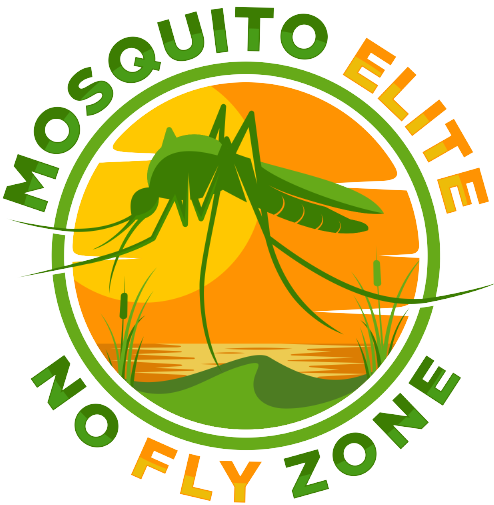The Essential Role of Bees in Our Ecosystem
Bees are often overlooked heroes of the natural world, but their importance to our ecosystem cannot be overstated. These tiny insects play a vital role in pollinating plants, which, in turn, sustains the balance of life on Earth. We'll explore why bees matter, the far-reaching consequences if their populations continue to decline, and how we at Mosquito Elite strive to protect them.
Pollination Powerhouses
Bees are exceptional pollinators. As they visit flowers in search of nectar, pollen sticks to their bodies. When they move to the next flower, some of this pollen is transferred, fertilizing the plant. This process is fundamental for the reproduction of countless plant species, many of which form the base of various ecosystems.
Biodiversity and Food Production
One of the most immediate impacts of bee pollination is on food production. Bees contribute to the growth of fruits, vegetables, nuts, and even some spices. In fact, around 75% of global food crops depend, at least in part, on pollinators like bees. Without bees, we'd see a significant decline in the availability of these foods, leading to higher prices and potential food shortages.
Moreover, bees play a crucial role in maintaining biodiversity. When they pollinate plants, they enable the formation of seeds and fruits, which serve as food sources for a wide range of animals, from insects to birds to mammals. A decline in bee populations would disrupt this delicate web of life, affecting various species up the food chain.
Economic Impact
The economic value of bees' pollination services is staggering. In the United States alone, it's estimated that bee pollination contributes over $15 billion annually to crop production. This figure underscores the economic significance of bees in agriculture, as well as the potential economic consequences of their decline.
Medicinal and Ecological Benefits
Beyond their role in food production, bees also have important ecological and medicinal benefits. They help support healthy ecosystems by maintaining the diversity of plant species. This, in turn, contributes to improved soil quality and water retention, reducing erosion and promoting overall environmental stability.
Additionally, bees produce honey, which has not only been a sweet source of nutrition for humans but also has various medicinal uses. Honey has antibacterial properties and can be used to treat wounds and sore throats.
The Threat to Bees
Despite their critical role, bee populations worldwide are facing numerous threats. Pesticides, habitat loss, climate change, and diseases are taking a toll on bee colonies. Colony Collapse Disorder, a phenomenon where entire bee colonies die off, has been a growing concern. If we don't take action to protect these vital pollinators, we risk destabilizing ecosystems and compromising our food security.
How Mosquito Elite Does Our Part
There is a misconception that mosquito control harms bee populations, however when performed correctly, the reality is that we can treat for mosquitoes and protect pollinators at the same time. Mosquito Elite’s highly trained technicians focus on avoiding treating flowering plants while paying special attention to our treatment drift. By doing this we help protect our bee population.
Bees are the unsung heroes of the natural world, responsible for pollinating plants and ensuring the survival of countless species, including our own. Their economic, ecological, and medicinal contributions are immeasurable. To safeguard our environment and food supply, it is crucial that we take steps to protect bee populations, including supporting sustainable farming practices and reducing the use of harmful pesticides. By recognizing the significance of bees and acting to preserve their populations, we can ensure a healthier and more balanced ecosystem for generations to come.
